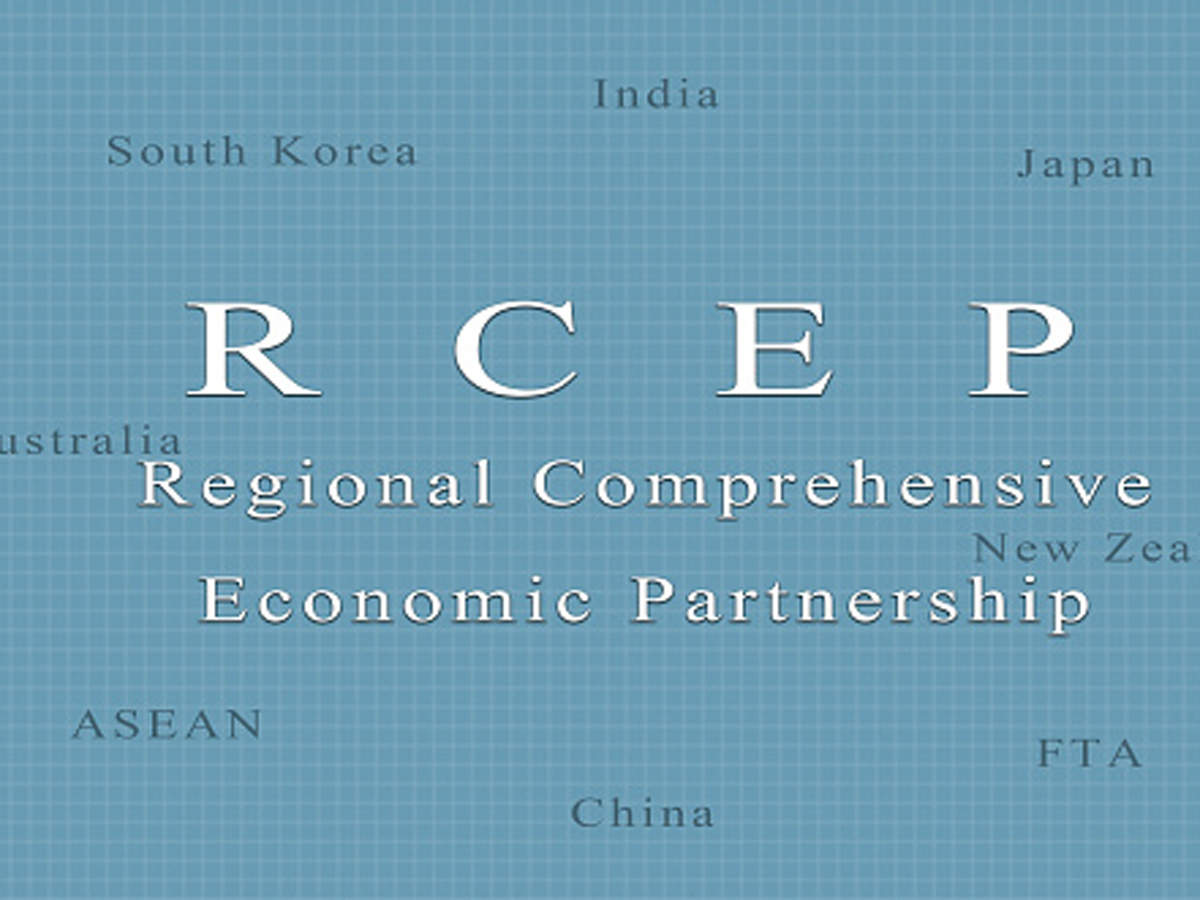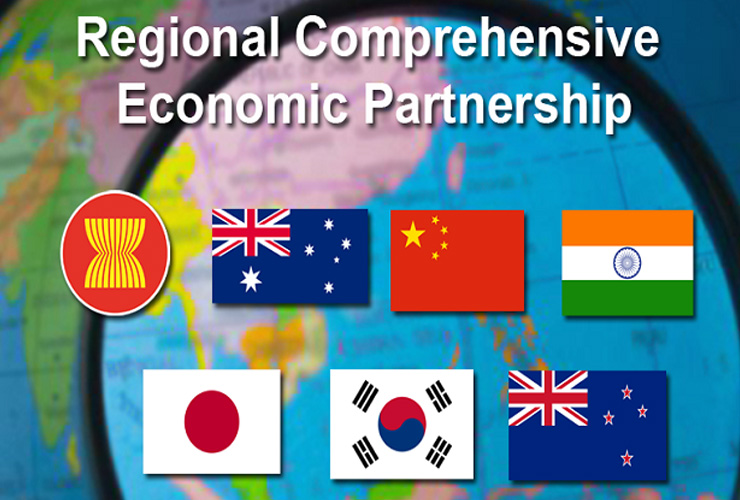A day after high-level negotiations on the world’s largest 16-member trade bloc, the Indian Government announced its firm stand on the matter!
The Prime Minister Narendra Modi confirmed that India is dropping out of from the Regional Comprehensive Economic Partnership (RCEP) trade agreement.
Despite being part of RCEP negotiations for seven years, India finally decided that going with RCEP will have negative effects on Indian farmers, MSMEs and dairy sector.
“The present form of the RCEP Agreement does not fully reflect the basic spirit and the agreed guiding principles of RCEP. It also does not address satisfactorily India’s outstanding issues and concerns. In such a situation, it is not possible for India to join RCEP Agreement,” the Indian PM Modi told 15 other nations of the bloc at the (35th) ASEAN Summit 2019 on November 04, 2019.
“When I measure the RCEP Agreement with respect to the interests of all Indians, I do not get a positive answer. Therefore, neither the talisman of Gandhiji nor my own conscience permit me to join RCEP,” Modi clarified.

He said all Indian traders, experts, farmers, professionals and industrialists were against this move to agree RCEP deal and have been voicing against India’s RCEP negotiations over the last few months.
India Firm on RCEP

A joint declaration on the same day indicated that the other nations will proceed with the deal.
“We noted 15 (of 16) RCEP Participating Countries have concluded text-based negotiations for all 20 chapters and essentially all their market access issues; and tasked legal scrubbing by them to commence for signing in 2020…”
“India’s final decision will depend on satisfactory resolution of these issues,” the joint statement said.
As the sources say, Indian officials were very serious when asked on further extension of the agreement timelines and have also accused other nations of making a ‘gang-up’ to force India on the matter.
Officials say India had negotiated in good faith and finally felt their views weren’t being accommodated.
According to the Indian Government, major trade deficits with all RCEP nations, lack of market access assurance and insistence on keeping 2014 as the base year for tariff reductions were among the top reasons that made India’s decision.
Moreover, India also informed that it is in the process of reviewing its Free trade Agreement (FTA)s with Japan, Korea and the ASEAN grouping, and thinking of agreements with Europe and the United States.






